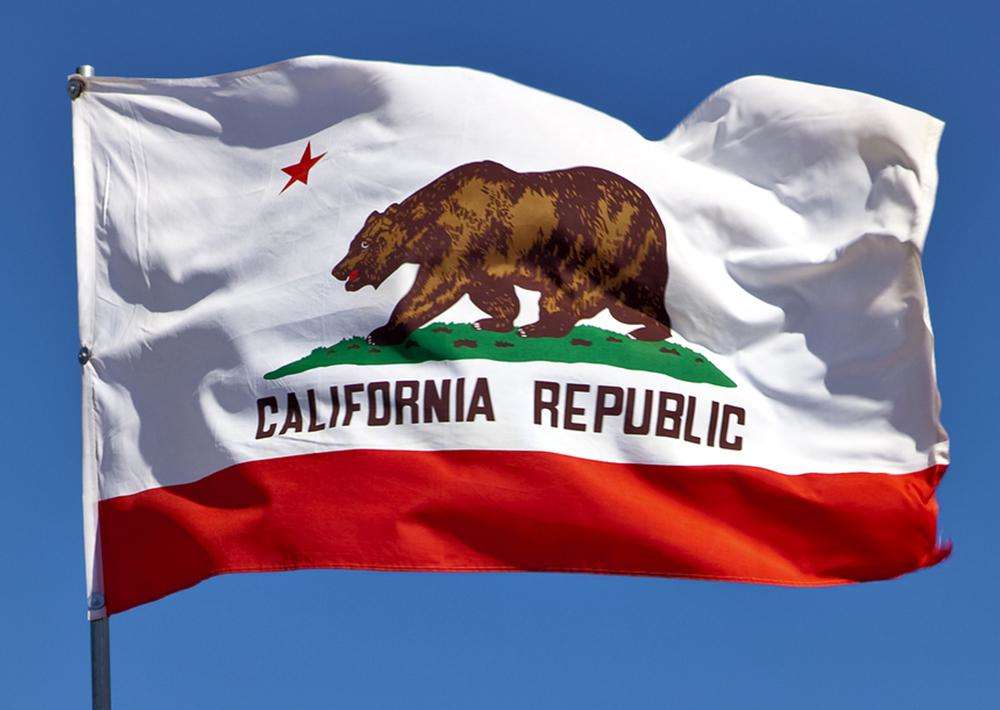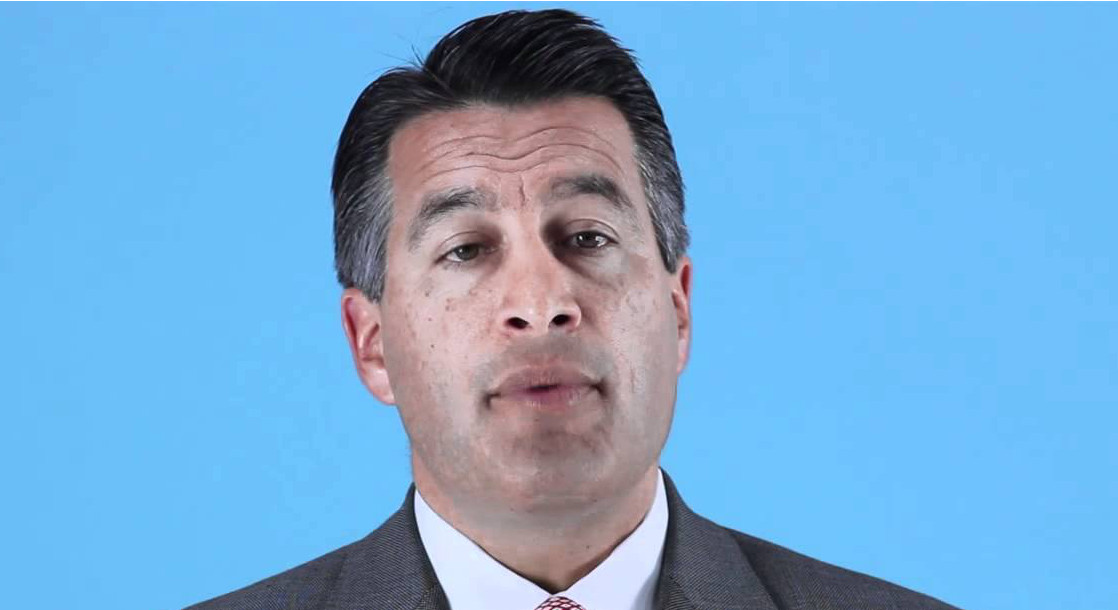Image via
California cities, counties, and towns are taking action to help reduce legal weed businesses’ tax burden, while lawmakers continue to debate statewide tax reform, Jackie Bryant reports for MJBiz Daily.
The Golden State’s adult-use industry is currently one of the most heavily-taxed legal weed markets in the US. Pot businesses are hit with taxes on multiple levels, including three different cultivation taxes, state excise tax, regular state sales tax, and local taxes. These high tax rates, coupled with a recent wave of pot dispensary robberies, wildfires, and drought, are making it very difficult for small and minority-owned cannabis businesses to survive.
These issues have been coming to a head for years, but so far, state officials’ only solution to the problem has been to raise taxes even higher. Last December, California cannabis cultivators drew up a plan to withhold all taxes from the state to protest this unwelcome tax hike. The following month, Governor Gavin Newsom promised that the state would resolve the situation, but offered few details regarding how that would actually happen.
Lawmakers are now debating four different bills to reform the state’s weed tax regime. The most comprehensive of these bills would completely eliminate the cultivation tax and reduce the excise tax from 15 percent to 5 percent. Another bill would temporarily suspend the state cultivation tax, but would raise the excise tax in order to keep cash rolling into the state’s coffers.
But before the state can take action, lawmakers will have to decide which of these bills to pass, if any. And even if legislators come to a quick consensus, most of these bills would not actually take effect until 2023 at the earliest. Until the situation is resolved, legal cannabis businesses will continue to lose money, and the state’s powerful black market will keep raking in billions of dollars without paying a cent in taxes.
Instead of letting their local cannabis businesses die on the vine while the state mulls reform, some municipalities are choosing to offer support by lowering local pot taxes. Earlier this month, Humboldt County, home to many of the state’s legal (and illegal) weed farms, voted to temporarily reduce its local cultivation by 85 percent. Monterey County is also considering a cultivation tax decrease, and Lake and Sonoma Counties are postponing tax payments and waiving late fees.
Several individual cities, like Berkeley, Long Beach and San Jose, actually started cutting back their local taxes years ago, and even more cities have stepped up in recent months. Last December, San Francisco suspended its local cannabis taxes to help the industry recover from a wave of robberies that have exclusively targeted weed businesses. This month, San Diego voted to reduce its local cultivation tax from 8 to 2 percent, Desert Hot Springs cut its cultivation tax in half, and Palm Springs reduced its local manufacturing tax.
“Most cities and counties set their local tax rates based on an assumption that cannabis businesses were going to be wildly profitable,” said Natalynne DeLapp, executive director of the Humboldt County Growers Association, to Marijuana Business Daily. “The reality is that, in many places, those tax rates are no longer sustainable, particularly for small and independent legacy businesses who are operating without outside capital.”











